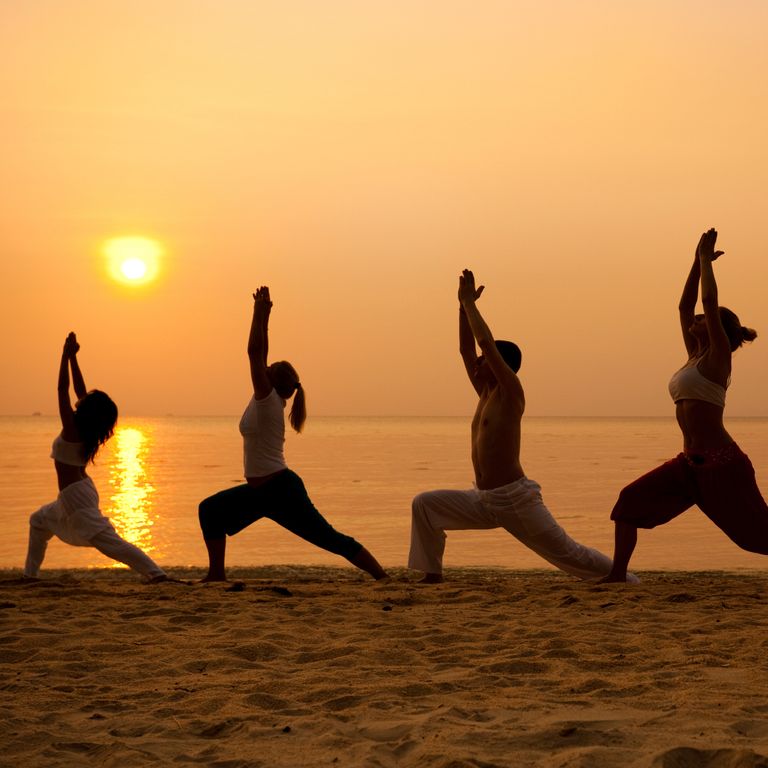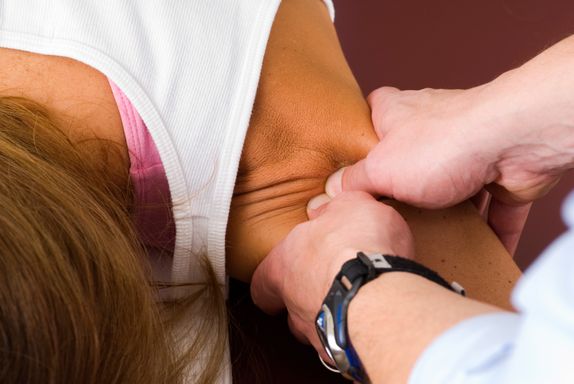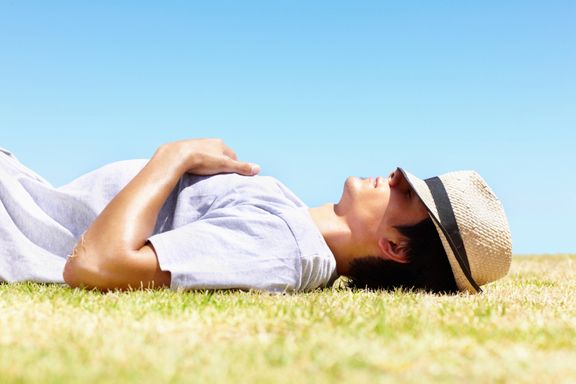Recovery
Recovery & Rest...
Recovery is the body’s physiological process to compensate for the demands of a progressive training load. Physiological adaptation (e.g. metabolic rest & rebuilding) of the body takes time and must be structured in order to elicit the changes that will optimise athletic performance.
At DD Triathlon Coaching we take a periodised approach to training. Without adequate recovery, athletes will not optimally progress and reach their full potential. Periodisation of your training allows for your body to recover and rebuild, allowing you to go into the next phase of training and achieve further gains.
Sleep, along with nutrition, is the foundation of recovery. While there are many more accessory recovery techniques that can be used to complement sleep and nutrition, if you are not getting enough sleep and the right nutrition, the accessory recovery techniques will have minimal advantage.
Recover as hard as you train
After you have nailed your sleep and nutrition habits, there are many accessory recovery techniques to add to your routine; stress reduction, mobility, foam rolling, active recovery, yoga, and more.
Stress reduction is one of the more important accessory recovery techniques. Trying to add too many accessory recovery techniques on top of an already busy schedule may add stress and be counterproductive. Pick a few accessory recovery techniques you enjoy and have easy access to, rather than trying to fit every single one of them into your schedule.
On your rest days and recovery weeks, recover as hard as you train. A common mistake many athletes make is to use their rest days to run endless errands and their use recovery weeks to tackle bigger projects outside of their training program.

We need your consent to load the translations
We use a third-party service to translate the website content that may collect data about your activity. Please review the details in the privacy policy and accept the service to view the translations.





